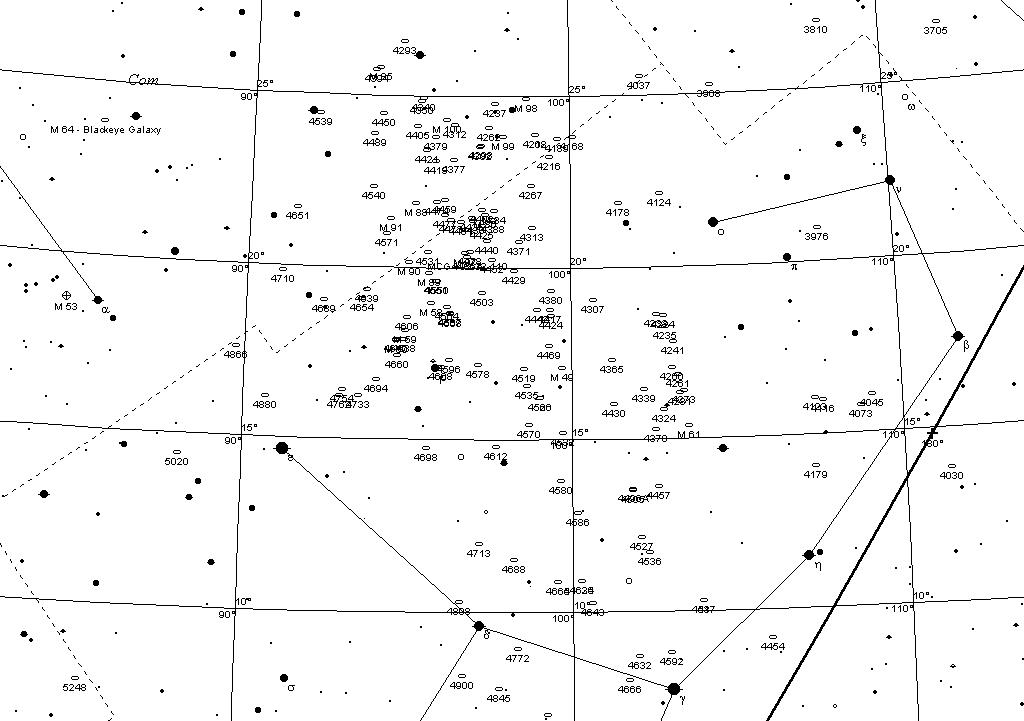
|
| Personal background |
|---|
| Buy yourself a cheap telescope or binocular (at least 70mm aperture, bigger is better!) and enjoy the wonders of our universe. I promise you'll see things that not many have seen or even know about their existence! |
| Thoughts about SETI and SETI@home |
|---|
Well, if you ever have the chance to look at the Virgo galaxy cluster in a really dark night through a big telescope or even through a pair of big binoculars you can easily see dozens of galaxies without moving the telescope, every galaxy you see at that moment is like our own milkyway a fiery wheel consisting of many million stars. Many of these stars have planets and some will probably be suitable to support life. We would behave like Gallileos' contemporaries if we rule out the existence of extraterrestrial life. Yes, I think there's life out there, but is it probable that we will detect their signals or even meet them? Well, the galaxies I mentioned are millions of lightyears away from Earth, imagine that the light from these galaxies travelled millions of years until it reached your eyes. What you see now is the past, you see what happened millions of years ago. So to detect signals sent by a civilization that far away requires that they were able to send signals a few million years ago. Additionaly we have to listen exactly at the time when these signals reach us, and we're only capable to do that for a very short period of time. And finally we have to be able to decide if a signal is by an artificial origin and this may be more difficult than imagined.
So why I'm running SETI? It may be not probable that we detect extraterrestrial life, but it's still possible! Never rule something out until the opposite is proved! |
| Your feedback on this profile |
|---|
| Recommend this profile for User of the Day: |
I like this profile |
| Alert administrators to an offensive profile: |
I do not like this profile |
|
|

